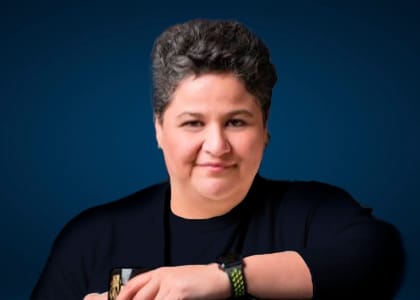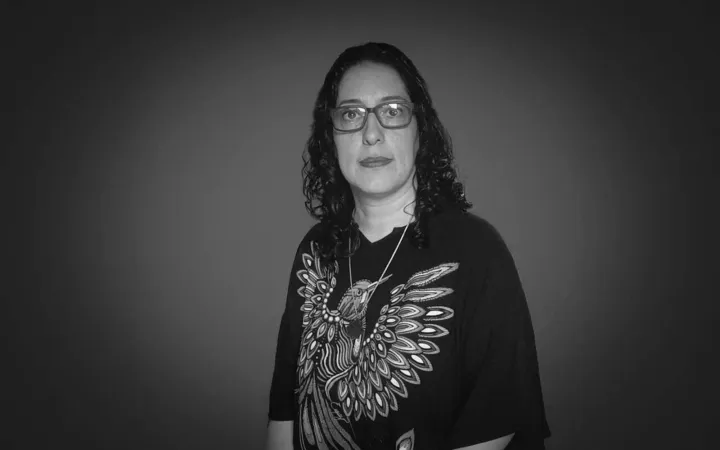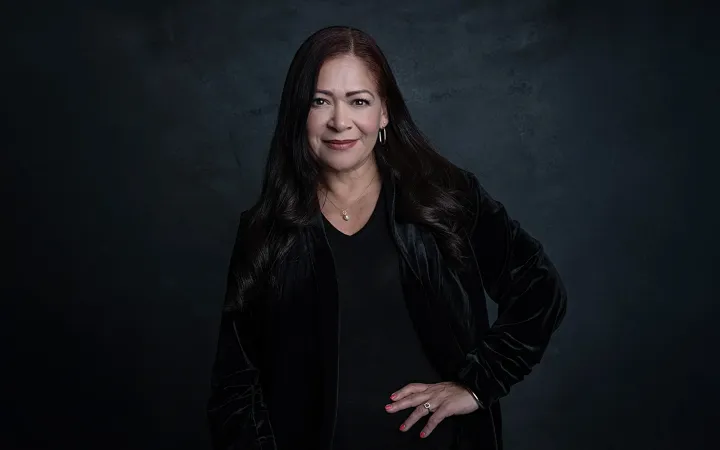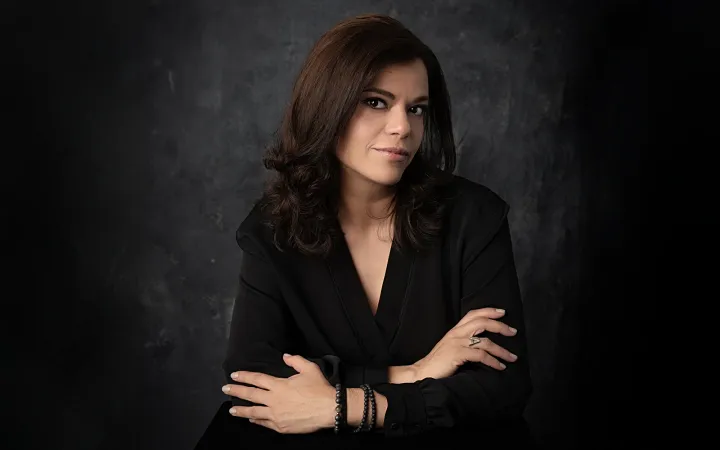
Por Marilú Acosta
Tenemos la costumbre de hablar con los muertos. De contarles nuestro día o de hablarles cuando nos sucede un evento relevante. Les pedimos consejo, ayuda o protección. También les reclamamos su ausencia. Nos enoja su abandono y les hablamos con ganas de que nos respondan y también con miedo de que lo hagan. En los cementerios y en los nichos de las urnas, lo que impera es el silencio. Hablamos porque el sonido ahuyenta el duelo.
También escribimos en redes sociales o en servicios de mensajería. Nos tranquiliza imaginar que los muertos siguen teniendo una vida digital. Esperamos en un chat la confirmación del mensaje recibido y anhelamos ver el cambio de color o la etiqueta de leído. Buscamos un like en nuestras publicaciones que nos de pauta a imaginar que nos han respondido.
La muerte se siente como un olvido. No me ha llamado, seguro se le ha olvidado. No nos hemos visto, nos olvidamos de coincidir. Debe estar ya en su cuarto, ah no, olvidé que ya murió. Nuestro cerebro no tiene las herramientas, ni la capacidad de entender la muerte. No concibe el nunca, ni comprende el para siempre; es hablar del infinito y para el cerebro, todo tiene límites. Los muertos dejan de tener un cuerpo, de estar en la tridimensionalidad. ¿Y si sólo cambian de dimensión? Podríamos entonces escuchar a los muertos.




